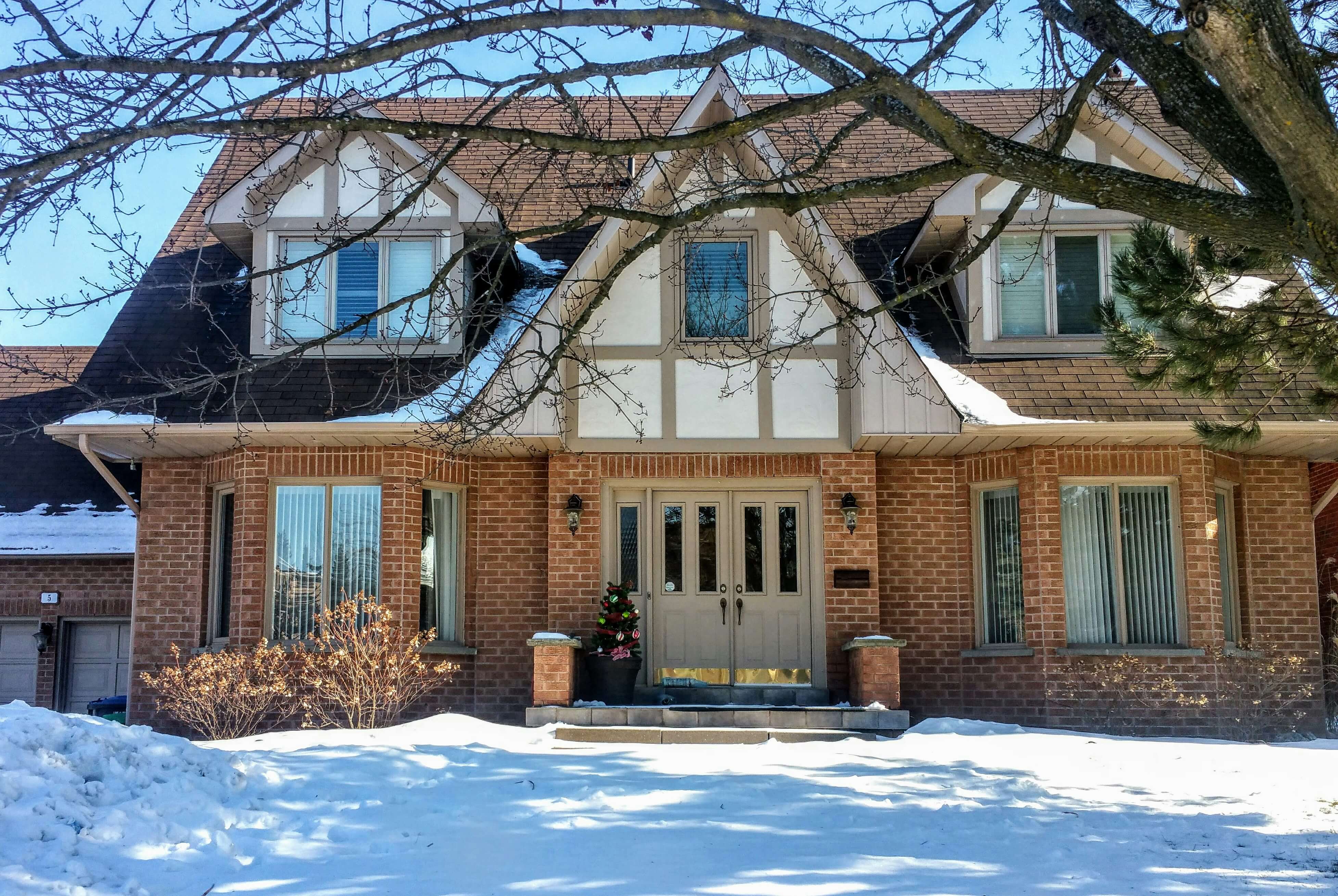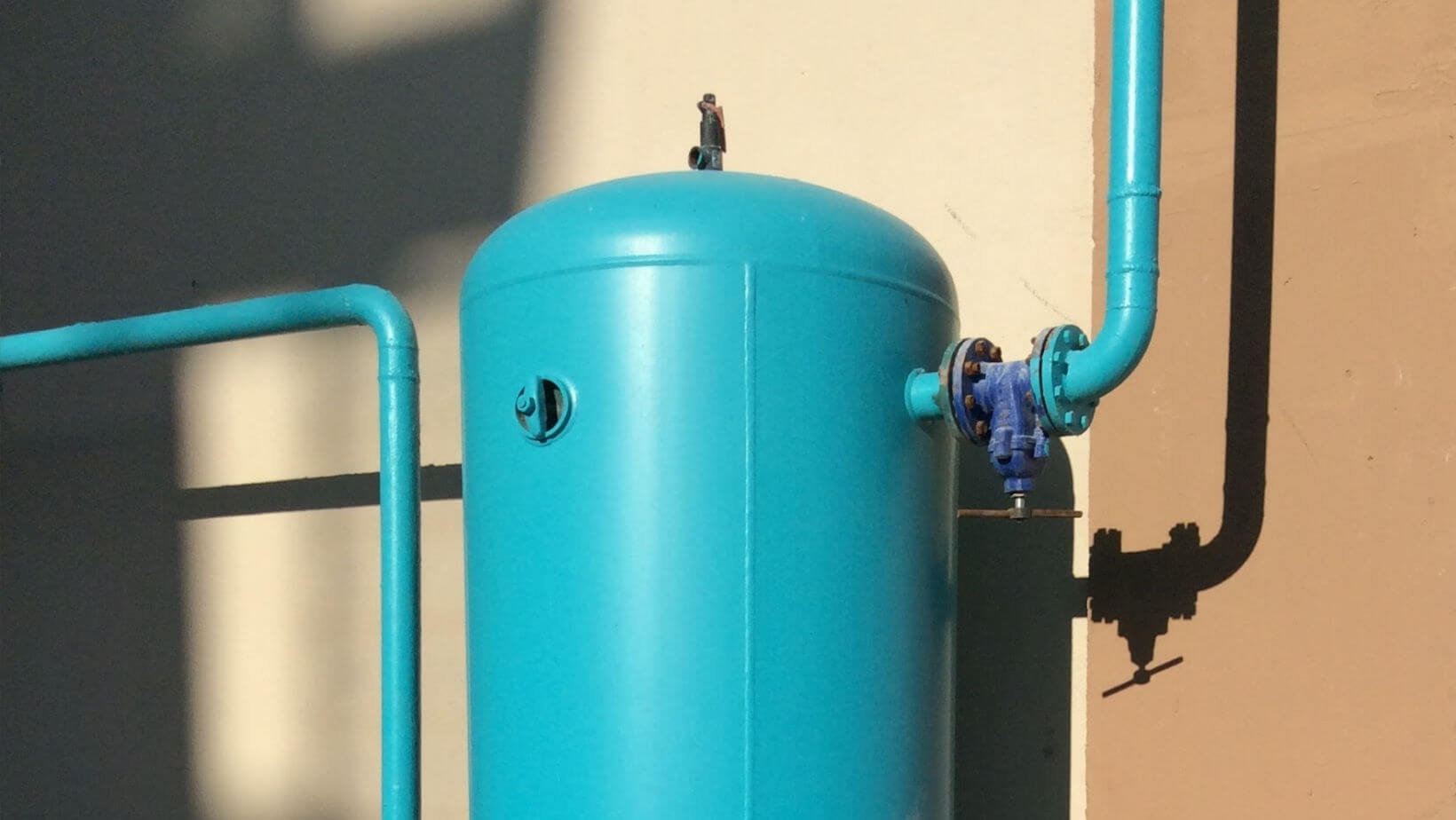

HVAC

Average Cost: $3,500 - $12,000
Read our an in-depth review of Carrier, including its furnace series, installed pricing, efficiency, warranties, customer feedback, and how it compares to other leading brands.
Our Verdict: Carrier is a strong choice for homeowners who want reliable, high-efficiency heating and advanced comfort controls, but its premium models may not fit every budget.
Carrier is a long-standing leader in the HVAC industry with more than a century of innovation and a nationwide dealer network. The company offers a full lineup of residential heating and cooling equipment, including gas furnaces across its Comfort, Performance, and Infinity series to fit a range of budgets and climates. Top models deliver up to 98.5% AFUE, quiet and even heat with variable-speed blowers, and smart control compatibility. In addition to furnaces, Carrier provides thermostats and indoor air quality accessories, making it a comprehensive solution for home comfort.
| Best For | Top Model | Cost Installed | Standout Feature | Warranty |
|---|---|---|---|---|
| High Efficiency, Quiet Comfort | Infinity 98 (59MN7) | $7,000 to $12,000+ | Greenspeed intelligence with modulating gas valve and variable-speed blower | 10-year parts; lifetime heat exchanger for original owner in many jurisdictions |
*Warranty terms vary by model and registration. Registration rules and terms differ by state or province. See Carrier warranty details.
Carrier’s lineup balances efficiency, comfort, and control. Premium models use variable-speed blowers and adaptive gas valves for steady temperatures and lower noise, while mid- and entry-tier series keep costs manageable. A robust dealer network, straightforward parts coverage, and heat exchanger warranties add peace of mind — especially when paired with professional sizing and installation.
Pros
Cons
Customer feedback on Carrier furnaces is generally positive for comfort, quiet operation, and efficiency, especially on Infinity and Performance models. Homeowners who report issues tend to cite higher upfront costs or dealer experience (communication, scheduling, or pricing) rather than the equipment itself. Overall satisfaction often correlates with proper sizing and professional installation.
This furnace is quiet and efficient. Combined with the smart thermostat and its so easy to use. I would definitely recommend this product. – Carrier review
Hey, late reply here but I have a Carrier Performance 2-stage condenser, Infinity 2-stage furnace with variable blower motor, Infinity T-stat 3-zone control. This combo has worked very well from a comfort and energy efficiency standpoint. It’s 14 yrs old and my only real problem has been a capacitor failure at the condenser 2 yrs ago and now my Evap is leaking. The evap has no tech on it and is identical to my other unit downstairs which is just a simple 1-stage everything Bryant. I don’t know if this helps, but it’s an example. – Reddit review
Typical Installed Pricing
What Drives Price: Furnace size (BTUs), efficiency (AFUE), staging and blower type, add-ons (IAQ, smart thermostat), ductwork condition, venting, electrical or gas upgrades, and local labor.
Model and series, home size and required BTUs, installation complexity, and regional labor all influence price. Higher-efficiency units cost more up front but can lower fuel use over time. In older homes, vent or duct upgrades may be required.
| Home Size | Approximate Furnace Size | Typical Installed Cost |
|---|---|---|
| 600 to 1,000 sq. ft | 40,000 BTU | $2,000 to $2,400 |
| 800 to 1,200 sq. ft | 50,000 BTU | $2,400 to $2,800 |
| 1,000 to 1,400 sq. ft | 60,000 BTU | $2,800 to $3,300 |
| 1,200 to 1,600 sq. ft | 70,000 BTU | $3,000 to $3,500 |
| 1,400 to 1,800 sq. ft | 80,000 BTU | $3,300 to $3,700 |
| 1,800 to 2,400 sq. ft | 100,000 BTU | $3,800 to $4,200 |
| 2,400 to 3,000 sq. ft | 120,000 BTU | $4,300 to $4,700 |
When comparing Carrier to other top furnace brands like Trane, Lennox, and American Standard, it helps to look at efficiency, price, comfort features, and long-term reliability. Carrier offers one of the broadest product ranges and balances efficiency with smart controls, making it a versatile choice for most homes. Trane stands out for durability and quiet performance in colder climates, while Lennox is the go-to for homeowners prioritizing the highest possible efficiency. American Standard delivers solid reliability at a more approachable price point, appealing to those who want dependable comfort without premium features.
| Brand | Cost Range | Pros | Cons |
|---|---|---|---|
| Carrier | $3,500 to $12,000 | Wide product range (Comfort, Performance, Infinity); efficiency up to 98.5% AFUE; strong dealer network; smart control compatibility | Higher upfront cost; dealer-dependent service quality |
| Trane | $3,000 to $8,500 | Highly durable; quiet operation; good for colder climates; strong warranties | Often pricier than competitors; limited model variety compared to Carrier |
| Lennox | $3,200 to $10,000 | Industry-leading efficiency (up to 99% AFUE on select models); sleek design; innovative technology | High price point; specialized parts and service can raise maintenance costs |
| American Standard | $2,700 to $9,000 | Reliable mid-range pricing; quieter models; solid efficiency options | Less premium technology compared to Carrier Infinity; smaller model lineup |
Most residential furnaces include up to 10-year parts coverage with registration and long-term heat exchanger coverage. Always review the specific certificate for your model.
For many homeowners, yes. If you value lower fuel use, quieter operation, and advanced comfort controls, the premium can make sense — especially in colder climates.
Have a licensed contractor perform a Manual J load calculation, then compare series (Comfort, Performance, Infinity) based on efficiency, staging, and budget.
Carrier is an excellent fit for homeowners who want high efficiency, reliable comfort, and strong dealer support. The lineup spans budgets, and premium models deliver whisper-quiet operation with precise, steady heat. If your top priority is the lowest upfront price, a mid-range Performance or an entry Comfort model may be a better fit — but if you want top-end efficiency and control, Infinity is hard to beat.
Read real homeowner reviews, explore qualifications, and view promotions. Modernize makes it easy to browse professionals and find one that will be perfect for your project.